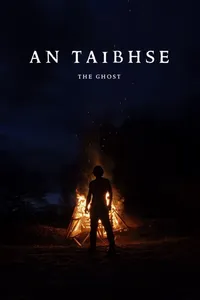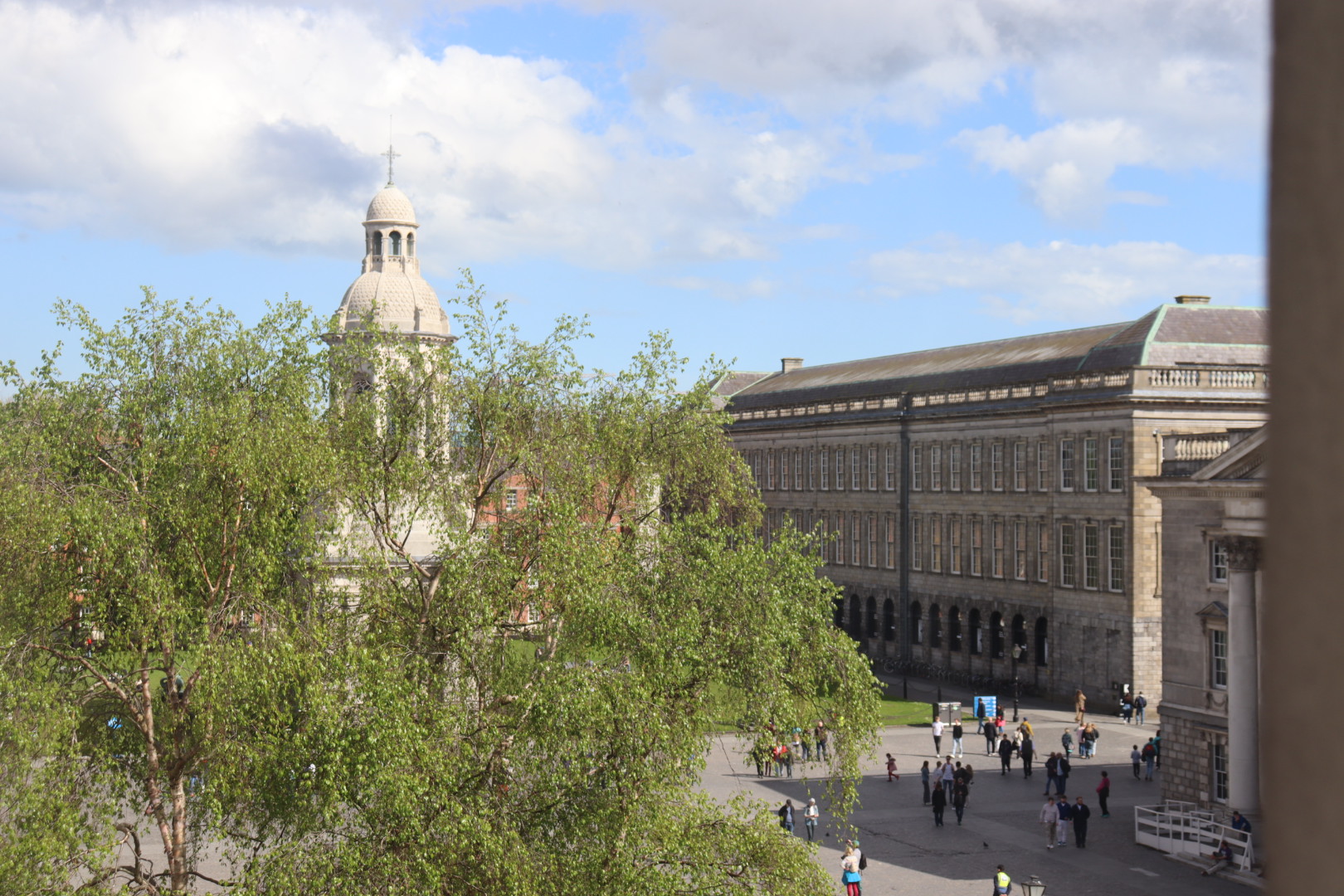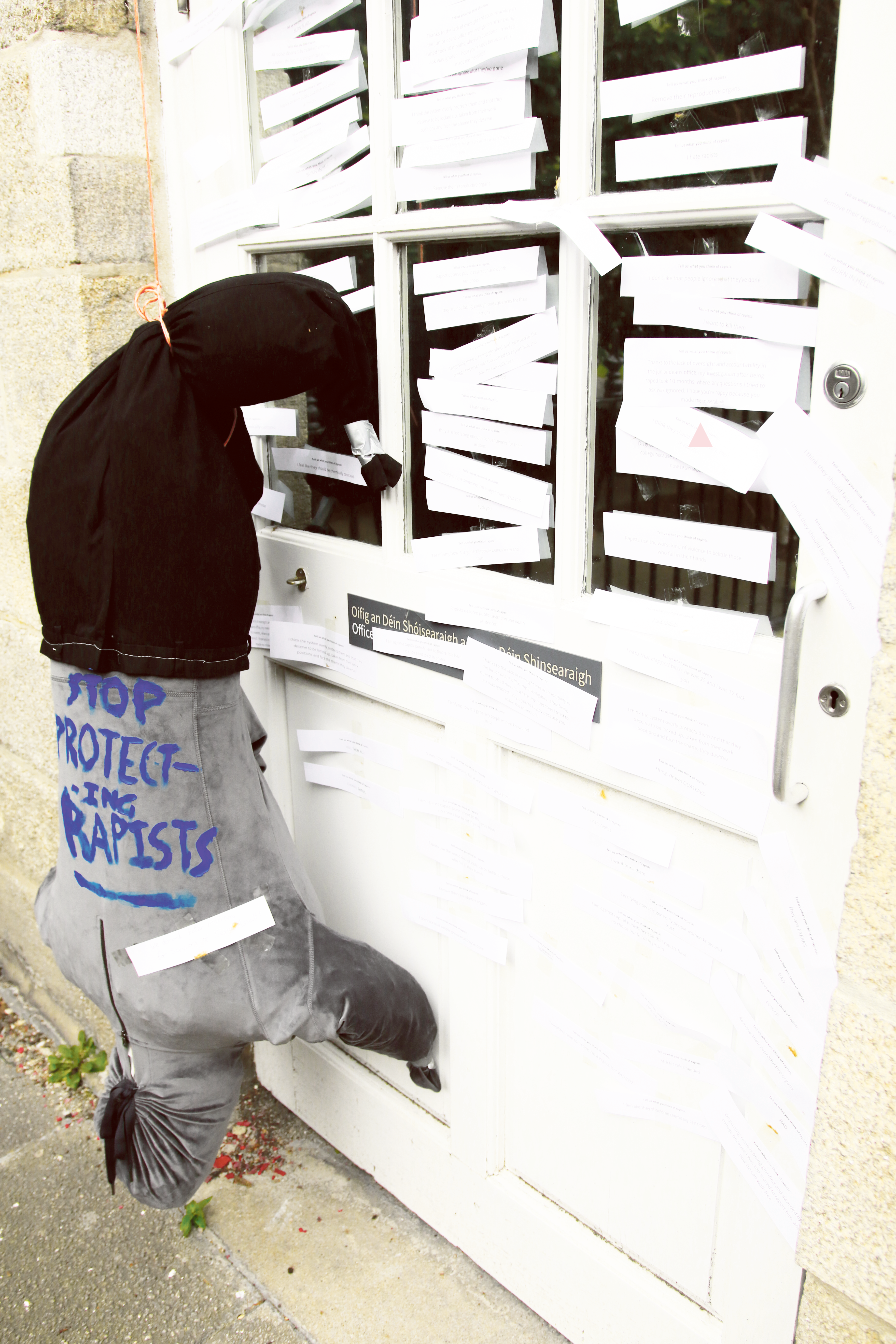Paul McNamee
“Ohhhh Trap-a-ttoni, he used to be Italian but he’s Irish now!” This was the chant that rang out around Lansdowne Road on that famous November night in 2011 when the Boys in Green qualified for the Euros. The charming Italian was the captain of our ship, a ship that had been on the verge of sinking after the disastrous reign of Stan. Trap had steered us back on course, we had the wind in our sails and nothing could dampen the spirit of the Green Army.
Fast forward 16 months and it’s a very different picture. A wretched campaign in Poland followed by a less than satisfactory start to the World Cup qualifiers has resulted in calls for change. The euphoria of qualifying for the Euros is but a distant memory. As fans, we now face the sobering thought of not qualifying for a major tournament for a long time whilst commander in chief, Trapattoni, faces incessant criticism and almost undoubtedly, the sack at the end of the campaign. It therefore seems that this, the midpoint of the qualification campaign, is a good time to take stock and re-evaluate the state of the Irish international soccer team and the contribution made by the wily, old Italian.
For the past few years we simply have not had the players capable of playing an expansive style of soccer. Managers have had little choice but to select players like Paul McShane. This reality is a far cry from the glory days of Irish soccer. For example, nearly every player at Mick McCarthy’s disposal for the 2002 World Cup was playing regularly. 18 out of the 23 players that made that World Cup squad were plying their trade in the EPL. Furthermore, five of the squad were playing at clubs that were seriously challenging for the Title. In contrast, the squad for the 2012 Euros contained a meagre 13 players that were regular starters in the EPL. Not a single one of these players was playing at a Top Four club, never mind a Title challenging club. In fact, four of them ended up getting relegated. This reflects the fact that we have had a dearth of quality players over the past few years. However, the night is darkest just before the dawn and on the evidence of the games against Sweden and Austria, the sun is beginning to rise for Irish soccer.
Unlike the army of armchair supporters that constantly belittle and attack the Irish team, I sat in Lansdowne Road for the Austria game and was delighted to witness the Boys in Green finally display some fluidity to their play. As well as the team’s performance in that game, there were many individual performances that give me hope for the future. The confidence that oozed from the two young Ulstermen, Seamus Coleman and Marc Wilson, breathed much needed new life into our defence, while in midfield, James McCarthy demonstrated the full spectrum of his majestic passing abilities. Leading the line all night however, was the terrier that is Shane Long. We have not had a player as promising as Shane Long since Duffers and Robbie Keane broke onto the scene over a decade ago. He undoubtedly has the potential to play in the Champions League and become one of Ireland’s greatest ever players. As well as these players, the likes of Aidan McGeady and James McClean have to be remembered. All of the aforementioned players are just starting out on their promising careers. They will be together as a team for the next ten years and considering the vast talent they possess, they will no doubt make a glorious return to a major tournament in the near future.
When Trapattoni first took over the Ireland job, only McGeady and Long were involved in the Ireland team and even then both were only fringe players in the squad. Praise must therefore be given to Trap for bringing in such talent. Despite being a man that is often criticised for being too resistant to change, the cunning Italian has in fact completely transformed the Irish soccer team. No doubt, the lads in the RTE studio would argue that he only brought in such players because injuries forced his hand, but this argument ignores the fact that Trap introduced most of these players as far back as the Nations Cup. This suggests to me he always planned to introduce such players and was just waiting for them to gain enough experience at club level.
The truth is that when Trap took over, Irish soccer was in a mess. The reign of Staunton was an unmitigated disaster and confidence was rock bottom. Things were so bad, we even considered hiring Terry Venables as manager. Mercifully, Trapattoni took over, steadied the ship and developed a team that I believe will deliver some great memories for the long suffering Green Army in the near future. He was certainly not a fine Italian wine that we could all enjoy; rather he was a pragmatic naggin that while not always easy to stomach, nonetheless got the job done.
At the end of this campaign, when the FAI presumably goes in search of a new manager, they will need to ensure the man they get is genuinely capable of bringing forward this incredibly promising group of Irish players. Given the unpredictable nature of soccer, it would be ludicrous to speculate who could get the job 3 months before it becomes available. Whoever does get it however, will surely recognise the immense talent and promise that this squad offers and for that, they will owe a great deal to Trapattoni.







